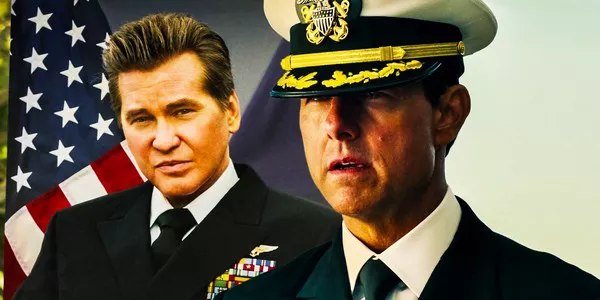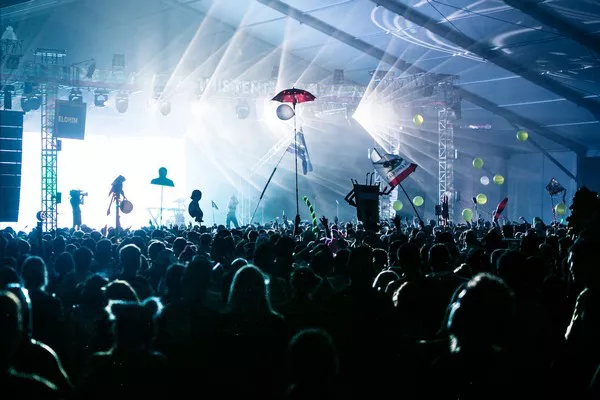The controversial narrative surrounding the Ukraine conflict is being projected onto Russian cinema screens through the state-sponsored drama “The Witness.” Premiered on August 17, the film marks the inaugural feature-length production delving into the 18-month-long invasion. The plot centers on a Belgian violinist’s journey to Kyiv for a performance in February 2022. However, Russia’s sudden assault on Ukraine disrupts his plans, leading to a series of harrowing experiences at the hands of Ukrainian nationalists. The violinist, surviving these trials, seeks to reveal the “true nature” of the conflict.
Presenting Ukrainian troops as violent neo-Nazis who commit atrocities against their own people, “The Witness” encapsulates the Kremlin’s long-standing narrative of the war. This film release is part of a broader strategy, as Russian authorities have announced their intention to boost the production of movies glorifying Moscow’s actions in Ukraine.
Amid today’s swift dissemination of both information and misinformation, the question remains whether such films will resonate with audiences. Previous attempts at similar movies have proven to be box-office failures. Additionally, sociologists suggest that public interest in the ongoing conflict has waned, with audiences increasingly seeking escapism from the grim news out of Ukraine.
Denis Volkov, Director of the Levada Center, Russia’s leading independent polling organization, comments on the strain experienced by Russians when discussing or engaging with news about Ukraine. Some individuals actively avoid these discussions and news outlets as a means of coping with the emotional stress.
This endeavor to control imagery and narratives is a recurring trait of authoritarian regimes. Similar tactics have been utilized in the Soviet Union, Nazi Germany, and other dictatorships. In present-day Russia, the government has expressed its intent to translate the Ukraine conflict and its associated narrative onto the cinematic stage.
Russian President Vladimir Putin has directed the Culture Ministry to ensure that documentaries about the “special military operation,” as the Kremlin terms its Ukraine campaign, are screened in theaters. The ministry’s allocation of state funding for films is centered around themes like “heroism and selflessness of Russian warriors” in Ukraine, alongside combating alleged manifestations of Nazi ideology in Kyiv’s leadership.
The unprecedented availability of state funding for Russian filmmakers this year, amounting to 30 billion rubles (approximately $320 million), plays a pivotal role in the industry. However, this financial support doesn’t uniformly translate into propaganda. Critics highlight the existence of commendable cinema produced within the state-funded framework.
Despite this, the industry is not immune to the influence of state-controlled narratives. Film critic Anton Dolin emphasizes that all films, even those not directly funded by the government, require a screening license from the Culture Ministry, enabling a level of censorship.
Nonetheless, Russian cinema is marked by a diversity of genres and themes. Some domestically-produced films have garnered significant popularity, such as historical dramas, sci-fi blockbusters, and portrayals of Soviet icons.
Historically, Russia has explored its conflicts through film narratives. Following the 2008 war with Georgia, a film aired on state TV reflecting Moscow’s perspective on the origins of the conflict. The plot mirrored that of “The Witness,” where a foreigner bears witness to the beginning of the war and endeavors to disseminate the truth globally.
In the wake of the 2014 annexation of Crimea, Kremlin narratives began influencing the cinematic realm. State-supported films like “Crimea” and a romantic comedy celebrating the Crimean bridge project were promoted, albeit with little success at the box office.
As Hollywood’s influence dwindles in Russia, local productions face less competition. This landscape, however, is evolving as the industry grapples with audience preferences. Iconic Soviet cartoon character “Cheburashka” enjoyed immense success recently, suggesting a shift towards lighter, more escapist content.
While “The Witness” premiered with modest attention and earnings, industry experts anticipate more films along similar lines. Russian cinema’s future portrayal of the Ukraine conflict will undoubtedly continue to be a subject of scrutiny and debate.

























